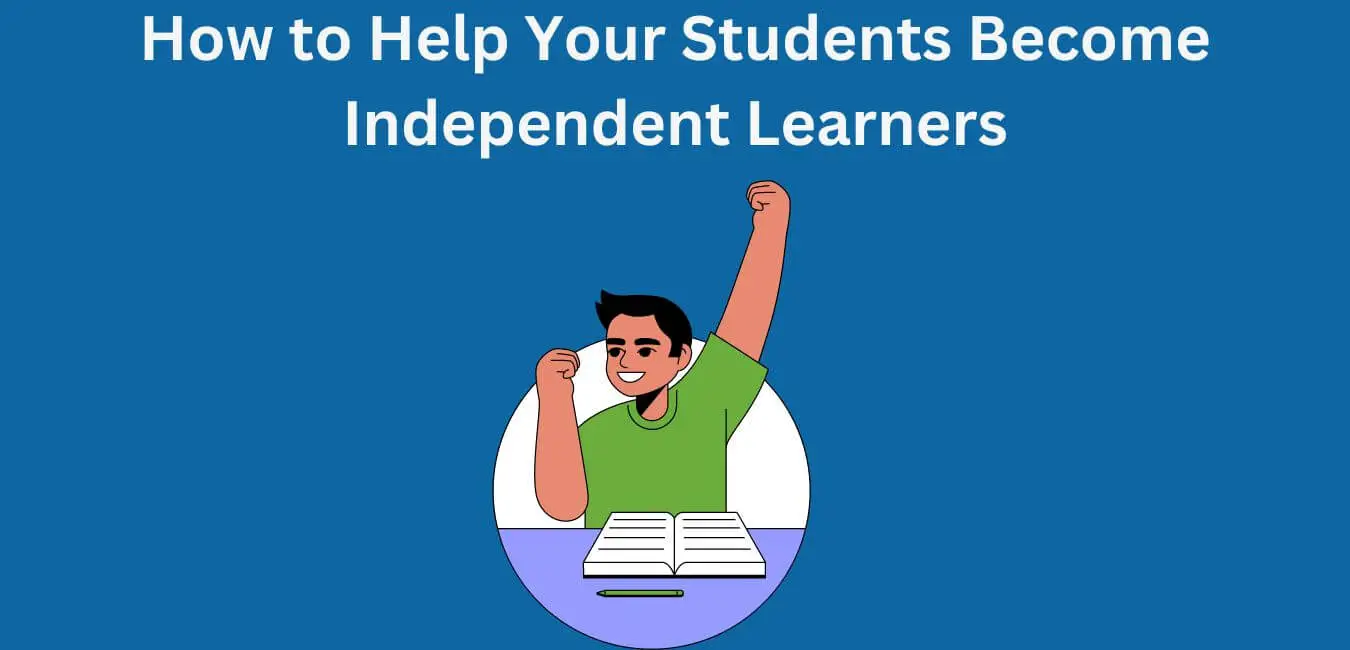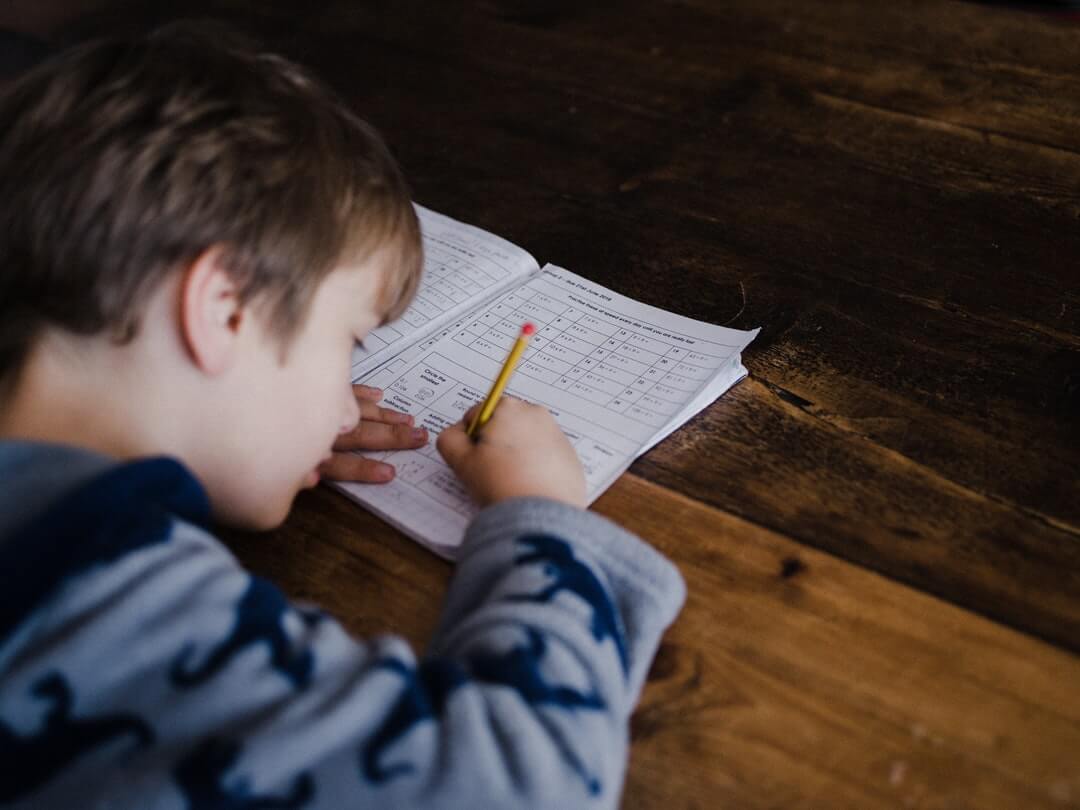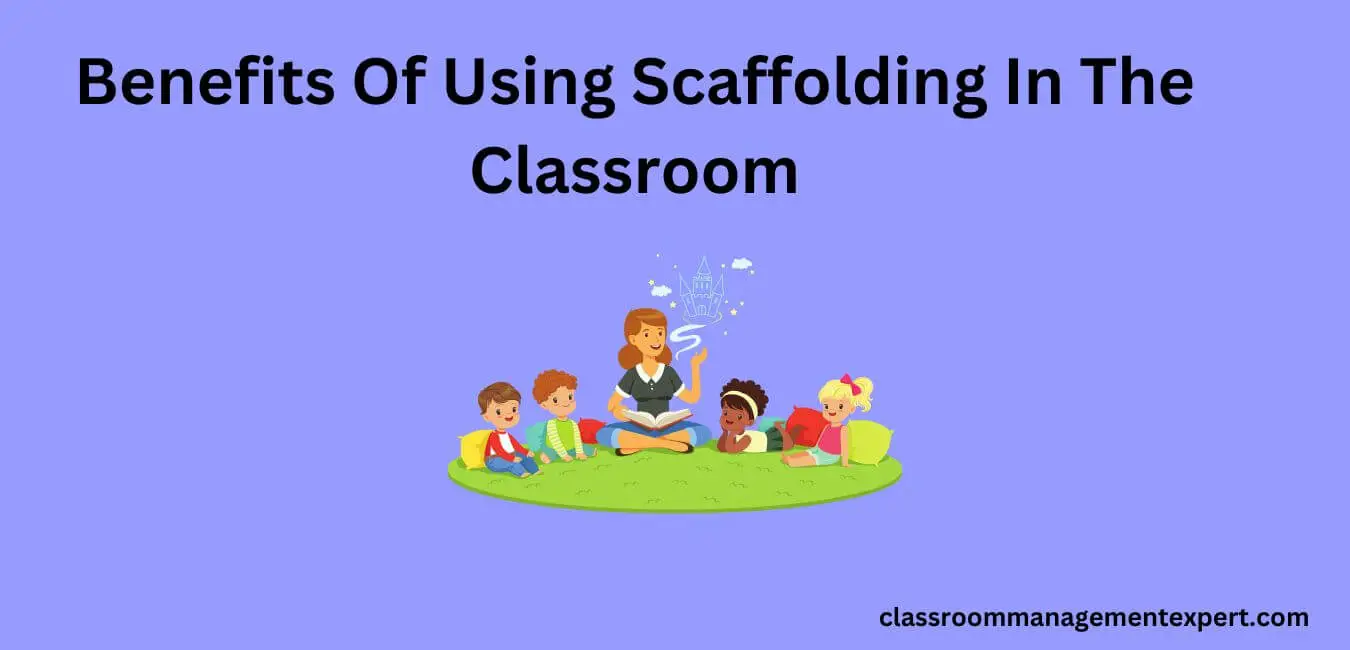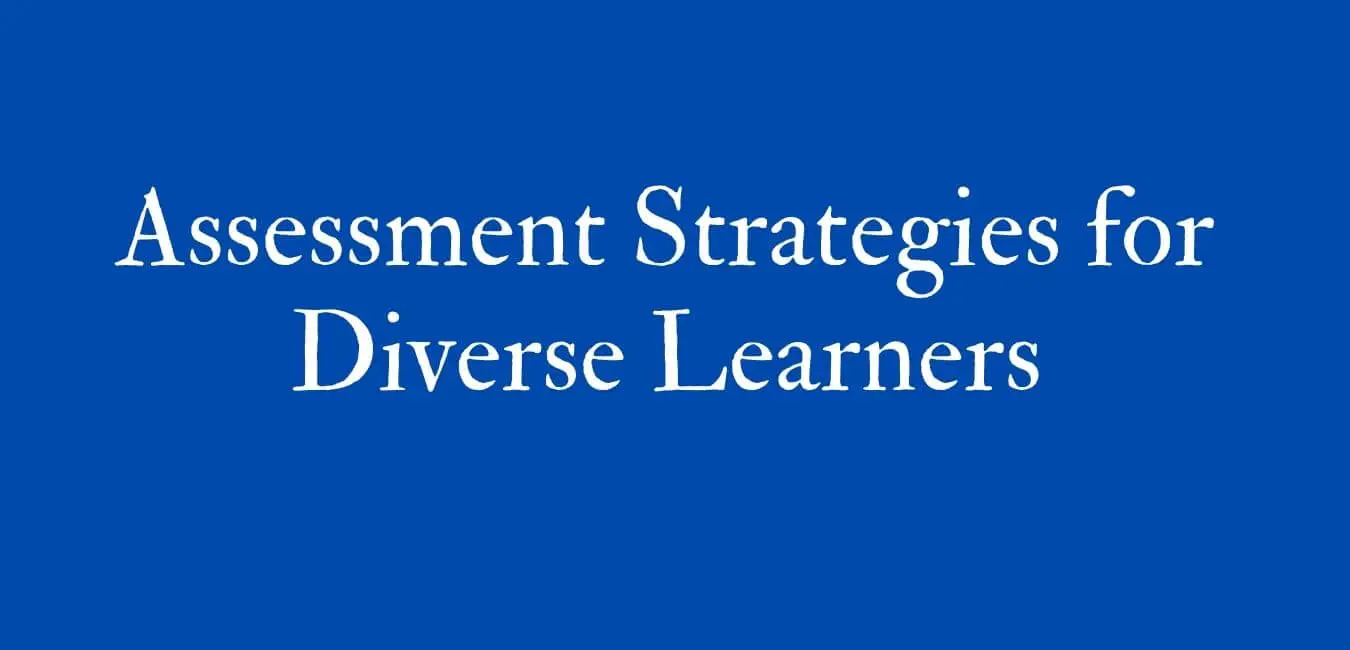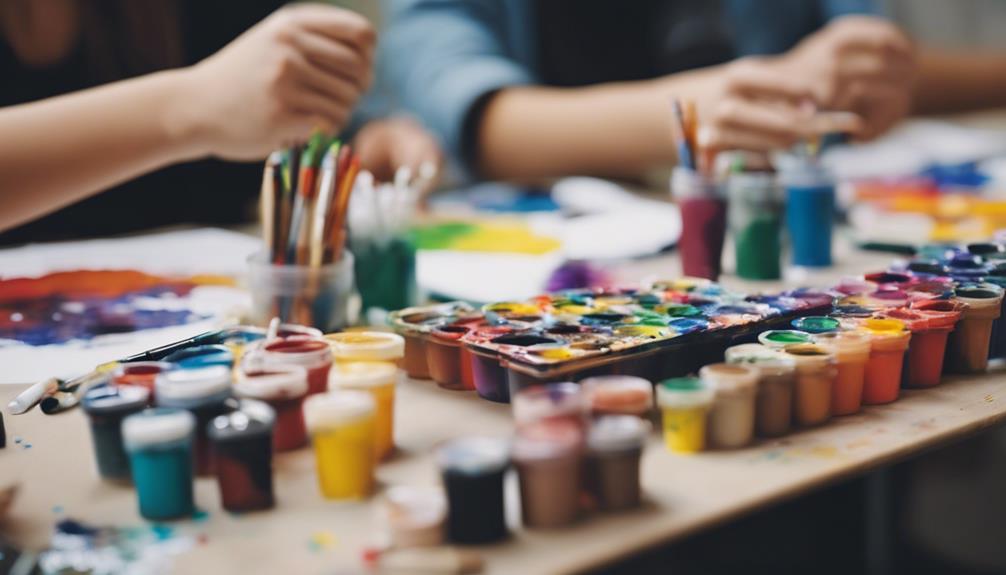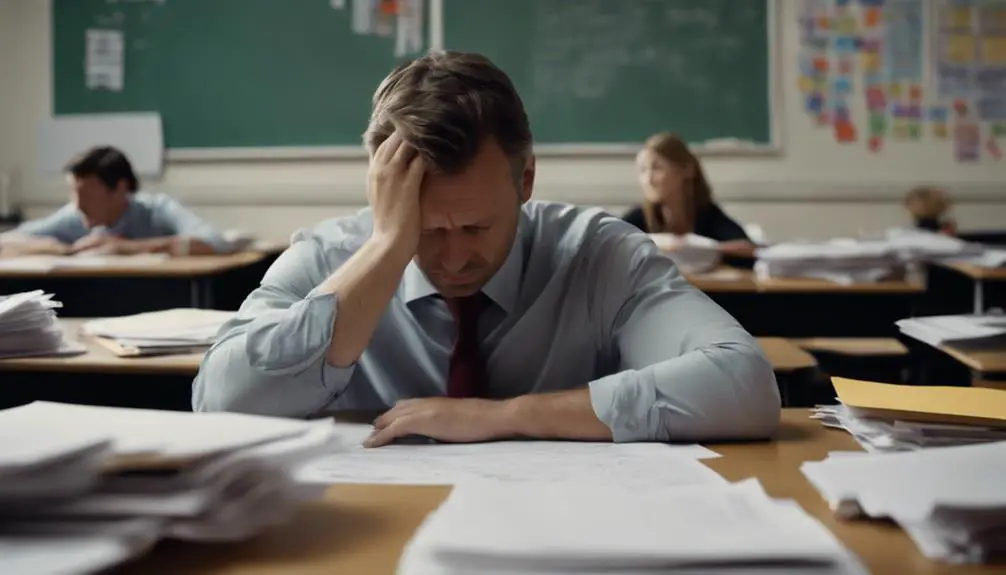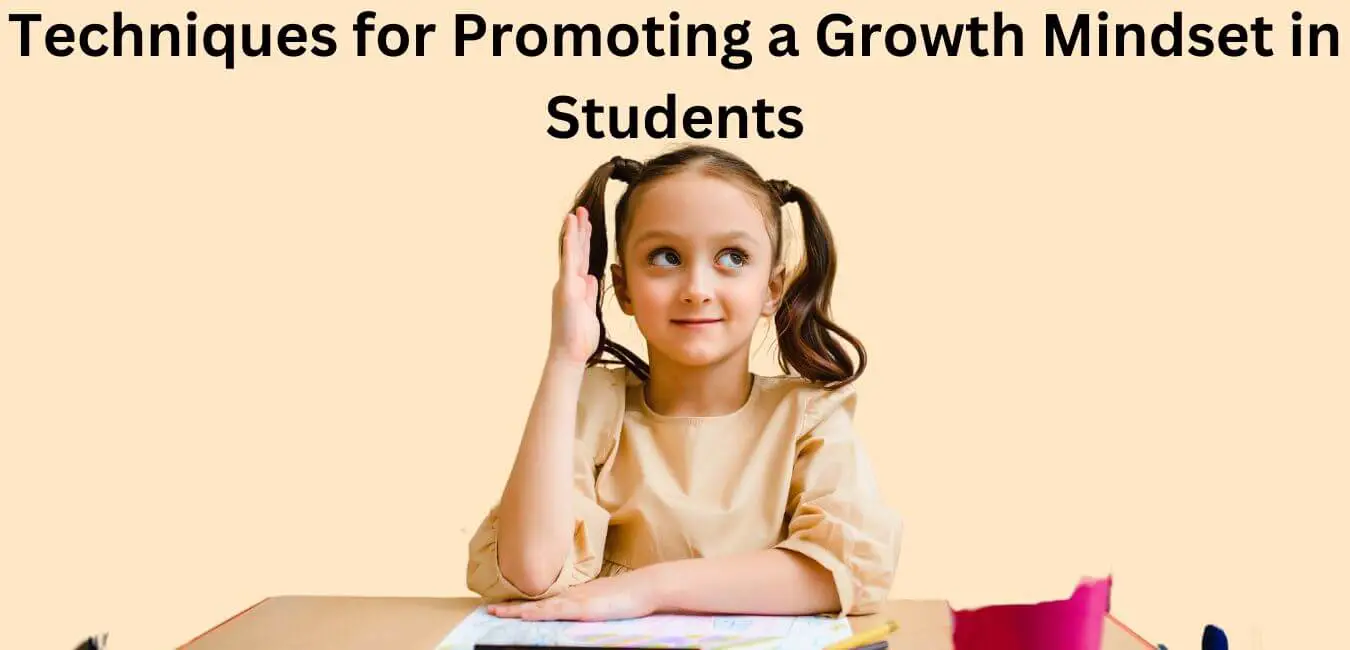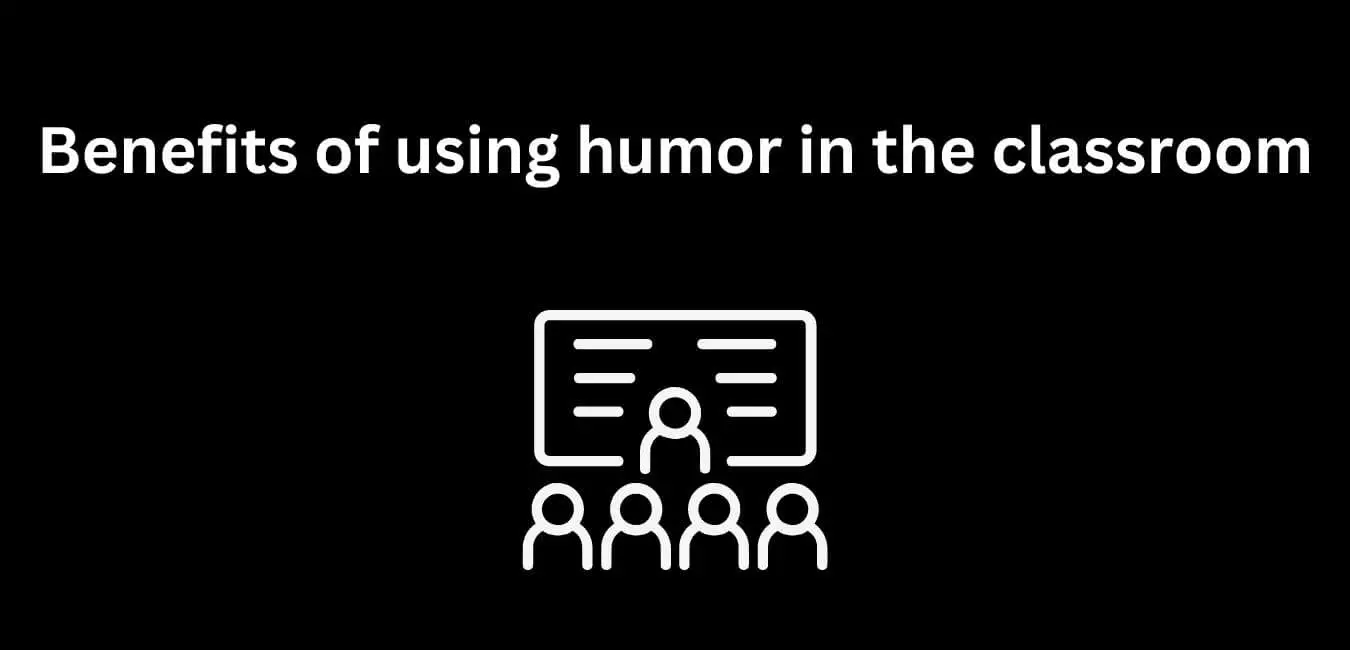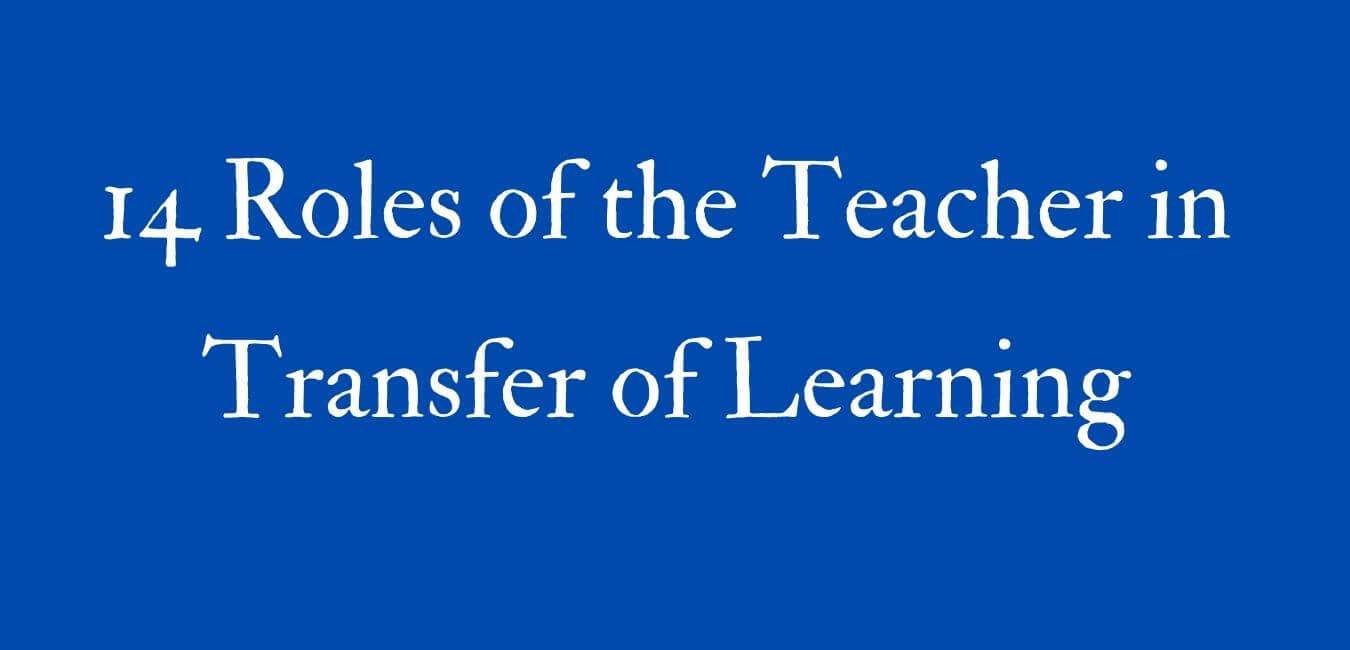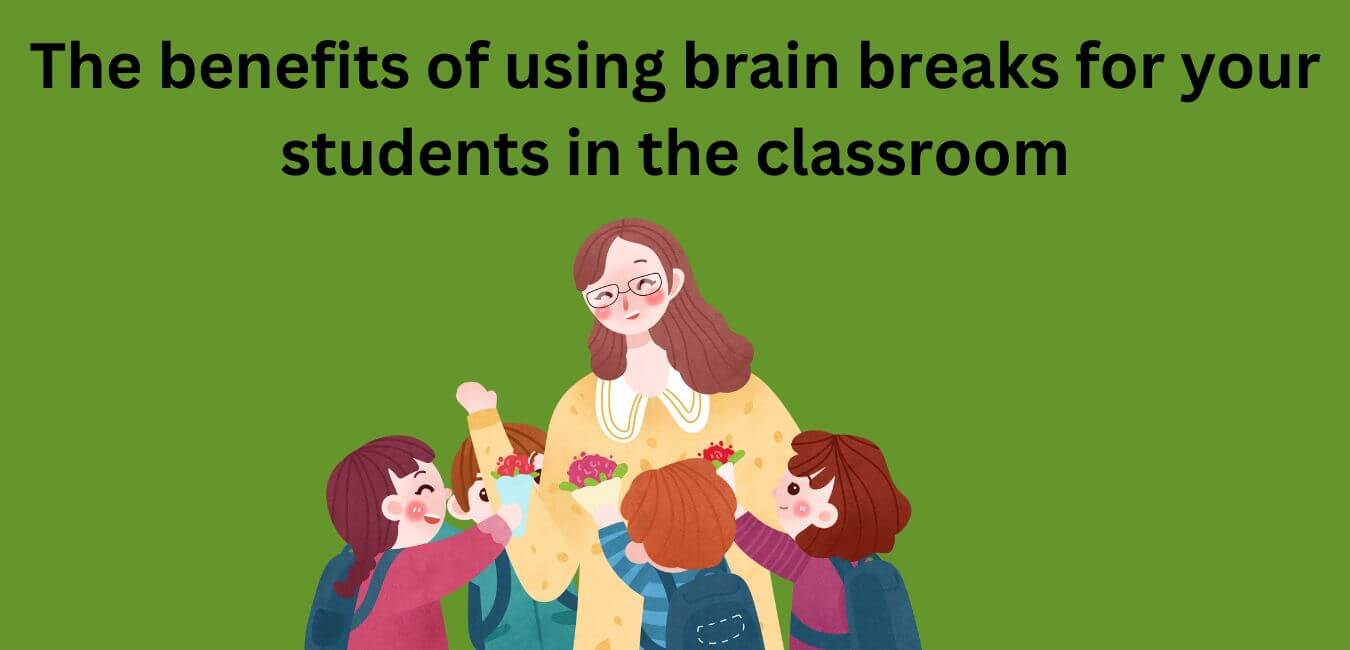As a teacher, you play a critical role in shaping your students’ future success. By fostering independence in your students, you set them up for academic and personal success, both inside and outside the classroom.
Here are some tips to help your students become independent learners:
1. Encourage them to ask questions.
2. Help them see connections between different subject areas.
3. Promote problem-solving and critical thinking skills.
4. Encourage them to use resources such as the library, the internet, and others.
This post will provide you with some tips on how to help your students achieve independence.
Ways to Help Your Students Become Independent Learners
1. Provide clear and specific instructions for the overall work requirements.
Instructions need to be clear and specific in order for students to become independent learners.
When students know specifically what is expected of them, they are able to plan and work more efficiently.
Additionally, when teachers provide feedback, it is more specific and meaningful to the student.
Clear instructions help minimize misunderstandings and allow students to take ownership of their learning.
2. Communicate assignments and instructions so that every child understands.
You need to ensure that all students understand the instructions for an assignment.
By taking the time to communicate assignments and instructions in a way that each student can understand, you can help your students become independent learners.
When students can independently follow instructions, they are able to complete assignments with fewer mistakes and frustration.
In addition, by providing clear instructions, teachers reduce the amount of time needed for clarification and supervision.
3. Monitor students’ work; keep track of what students are doing.
In order for students to become independent learners, it is important for you to monitor their work.
If you keep track of what your students are doing, you can provide feedback and assistance when necessary.
Also, monitoring student work can help educators identify areas in which students need additional support.
All these help your students to become independent and lifelong learners for the rest of their lives.
4. Establish routines for turning in work.
When students have a set routine for turning in their work, they develop the habit of being more independent learners.
Routines help to create a sense of order and consistency in the classroom, which can make it feel more like a home away from home.
Also, routines provide students with a sense of predictability and stability, both of which are essential for fostering a growth mindset.
For example, students might have a designated spot in the room where they put all their finished work, or they might have a specific time each day when they turn in assignments.
Whatever routine you choose to implement, make sure it is one that your students can easily follow.
5. Provide regular academic feedback to students; check their work.
One of the most important things a teacher can do to help students become independent learners is to provide regular academic feedback.
This means checking their work and providing comments that will help them improve.
Feedback should be specific and constructive, pointing out what the student did well and offering suggestions for how they can improve.
Giving feedback can be time-consuming, but it’s worth it. The better students get at taking feedback and using it to improve their work, the more independent they’ll become.
And that’s what we want – students who are able to learn on their own and don’t need us constantly telling them what to do.
6. Establish routines for handling makeup work.
When students know what is expected of them in terms of makeup work, they are better able to manage their own learning.
Establishing routines and procedures for handling makeup work will help your students become independent learners.
Some things to consider when creating a routine for makeup work include:
– How much time is given to completing the assignment?
– What format is the assignment to be completed in (written, oral, etc)?
– What is the due date?
– How will the assignment be graded?
– Who will be responsible for returning the completed assignment to the student?
By taking these things into consideration, you can create a routine that works best for your classroom and your students.
This will help ensure that all students have an opportunity to complete their makeup work and receive full credit for their efforts.
7. Encourage Participation
When students are encouraged to participate in the classroom, they become more independent learners.
By asking questions and providing input, students take ownership of their learning. They also learn how to work with others, a key skill in human life.
In order to encourage participation, teachers should create an environment that is open and welcoming. Students should feel comfortable raising their hands and sharing their ideas.
Teachers can also ask leading questions to help students get started. Participation helps students develop critical thinking skills and learn how to express themselves effectively.
8. Make Sure They Have Resources
It is important for students to have access to resources that will help them become independent learners.
This is because when students are able to figure things out on their own, they are more likely to take ownership of their learning and be successful in the future.
Also, it can be challenging for teachers to provide individualized support to every student in a classroom setting.
Resources can help bridge the gap and allow students to get the help they need without relying on a teacher.
There are many different types of resources that students can use, such as websites, apps, books, and teachers themselves.
It is important for teachers to make sure that their students have access to these resources and know how to use them effectively.
9. Help Them Stay motivated
There are a few things that you can do to help your students stay motivated and independent learners.
First, make sure that they feel like they are capable of succeeding. Help them set realistic goals and give them feedback on their progress. Celebrate each accomplishment, no matter how small it may seem.
Secondly, provide opportunities for them to be creative and express themselves. Let them choose their own learning activities, work on projects that interest them, and have a voice in the classroom.
Finally, create a supportive environment in which your students feel comfortable asking for help when they need it.
Be available to answer questions and offer guidance when necessary, but also give your students the space to figure things out on their own.
With these tips, your students will be more likely to stay motivated and become independent learners.
10. Set Clear Expectations for Learning
When children know what is expected of them, they are able to take more responsibility for their own learning.
In order for students to become independent learners, it is important for teachers to set clear expectations on what is expected from them in the classroom.
This includes everything from completing homework assignments to behaving appropriately in class.
By setting clear expectations, teachers provide a framework for students to follow and help them understand what is expected of them.
Also, by taking ownership of their learning, students are more likely to be motivated and engaged in their work.
When students feel like they are in control of their own learning, they are more likely to be successful both in and out of the classroom.
11. Encourage Critical Thinking
Critical thinking is a process that helps students become independent learners. It involves analyzing, evaluating, and reasoning.
When students are taught how to use these skills, they are able to think for themselves and make better decisions.
One of the best ways to encourage critical thinking is to model it yourself. When you ask questions and probe for more information, you are teaching your students how to think critically.
You can also provide them with opportunities to practice this skill by giving them tasks that require them to analyze and evaluate information.
Teaching critical thinking skills is important because it helps students become lifelong learners.
When they have the ability to think for themselves, they are able to continue learning even when they are no longer in school.
12. Connect With Your Students
There are a number of benefits to connecting with your students. When you connect with them, they feel seen and acknowledged.
This can help them feel more connected to you and the material you are teaching, which can lead to them becoming more independent learners.
Additionally, when you take the time to get to know your students, you can better understand their individual needs and preferences, which can help you cater your instruction to meet their specific needs.
By establishing a connection with your students, you not only help them learn more effectively but also create a supportive and positive classroom environment in which students feel comfortable taking risks and exploring new ideas. Check out my article on how to connect with your students effectively and appropriately here.
13. Teach With Fun
Fun is always the key to success. Students learn best when they are having fun and a good time.
If you want your students to become independent learners, you need to start by teaching with fun.
If students are bored, they are less likely to pay attention and absorb the material being taught.
However, if they are having fun, they are more likely to be engaged and interested in what they are learning. This engagement is key to helping students become independent learners.
One way to make learning fun is by using games and activities. Games help students learn in a relaxed and enjoyable environment.
They are also a great way to review material. Activities can also be fun and educational. They allow students to explore new topics and learn in a hands-on way.
14. Encourage your students to use resources outside of class.
Encourage your students to use resources outside of class by providing them with information on where they can find these resources.
This will help them to be more self-sufficient and improve their research skills.
For example, encourage your students to use resources such as the library, the internet, and others if you want them to become independent learners.
Independent learning is a key skill for students to have in order to succeed in school and in life.
By encouraging your students to use resources such as the library, the internet, and others, you are helping them develop this skill.
15. Make sure that your students have access to technology tools and resources.
Just like in the previous point, make sure that your students have access to technology tools and resources by providing them with the necessary devices and internet connections.
This will help them to be more independent learners, as they will not need you as a resource all the time.
16. Help your students develop time management skills.
One of the best things you can do to help your students become independent learners is to teach them how to manage their time effectively.
This means helping them develop plans for when and how they will complete their work, both in and out of class. Teaching time management skills has a number of benefits for students.
First, it helps them become more organized and efficient in completing their tasks. Second, it teaches them how to prioritize their work so that they can focus on the most important tasks first.
Finally, it gives them a sense of control over their own learning process, which can boost their confidence and motivation. All of these factors together can lead to improved academic performance for students.
17. Encourage your students to try new methods and strategies of learning.
Encourage your students to try new methods and strategies by providing opportunities for them to experiment with their learning.
This will help them find their own way of learning, which will result in greater success.
There are a few reasons why encouraging your students to try new methods and strategies is important.
First, trying new methods and strategies can help your students become more independent learners.
This is because they will be able to find ways that work best for them and help them learn effectively.
Second, trying new methods and strategies can help keep your students engaged in their learning.
This is because they will be exploring new ways to learn and will be interested in seeing how different methods work for them.
Finally, trying new methods and strategies can help your students improve their academic performance.
This is because they will be able to find the best way to learn the material and understand it better.
18. Encourage your students to take on challenging tasks.
Encourage your students to take on challenging tasks by providing opportunities for them to use their creativity and problem-solving skills.
This will help them develop essential skills that they can use when studying and working independently.
19. Offer encouragement and support throughout the process.
Offer encouragement and support throughout the process by communicating with your students regularly, offering feedback on their work, and supplying relevant resources when needed.
This will help them stay motivated and focused on their goals, which will ultimately lead to independence in their learning process.
Conclusion
In conclusion, these top tips for helping your students become independent learners will go a long way in assisting them in becoming successful, lifelong learners. As their teacher, you play a pivotal role in their development, and these tips serve as a great starting point. Encourage your students to take ownership of their learning, set goals, and be persistent; and watch them flourish as independent learners.

